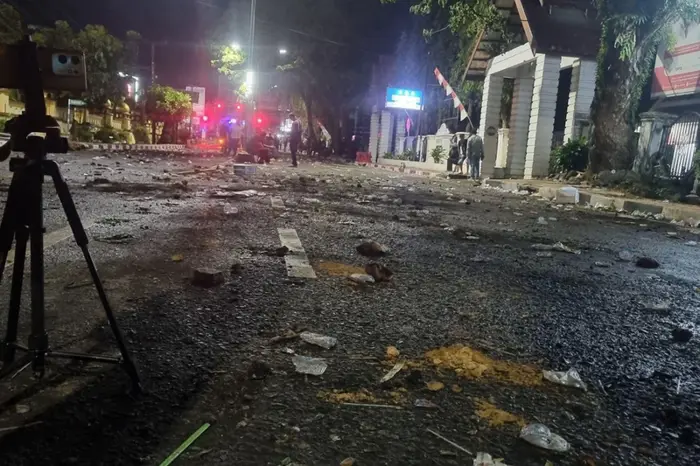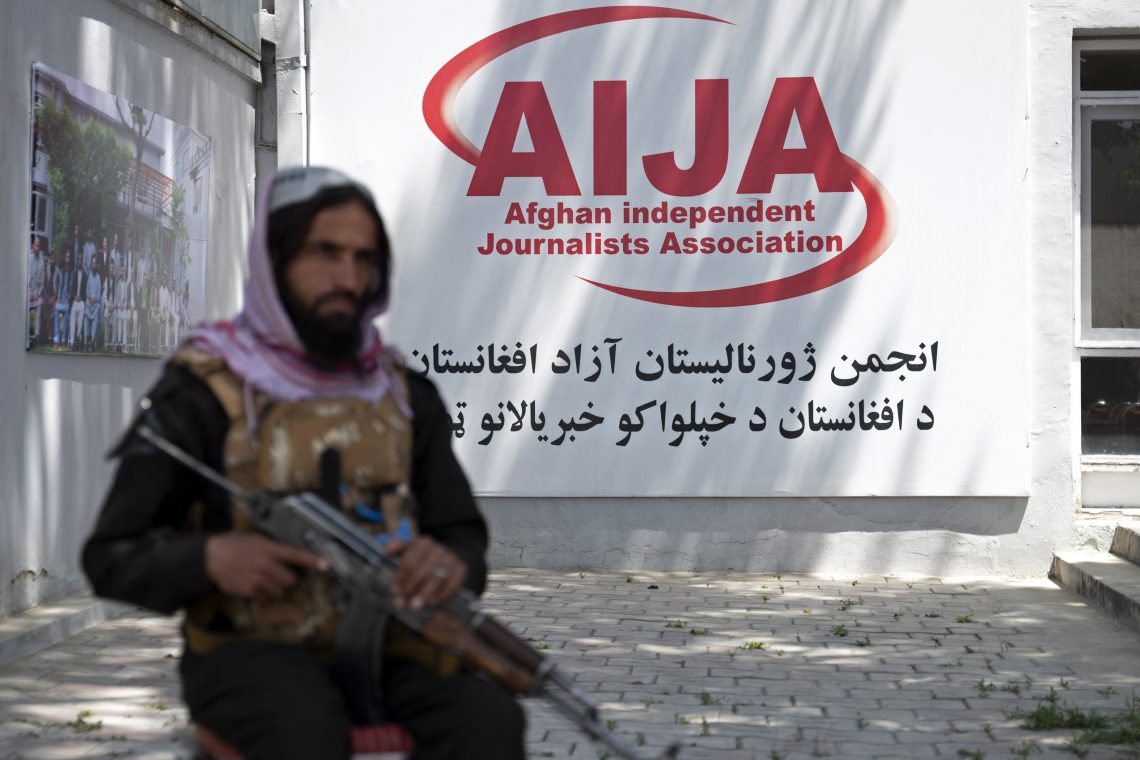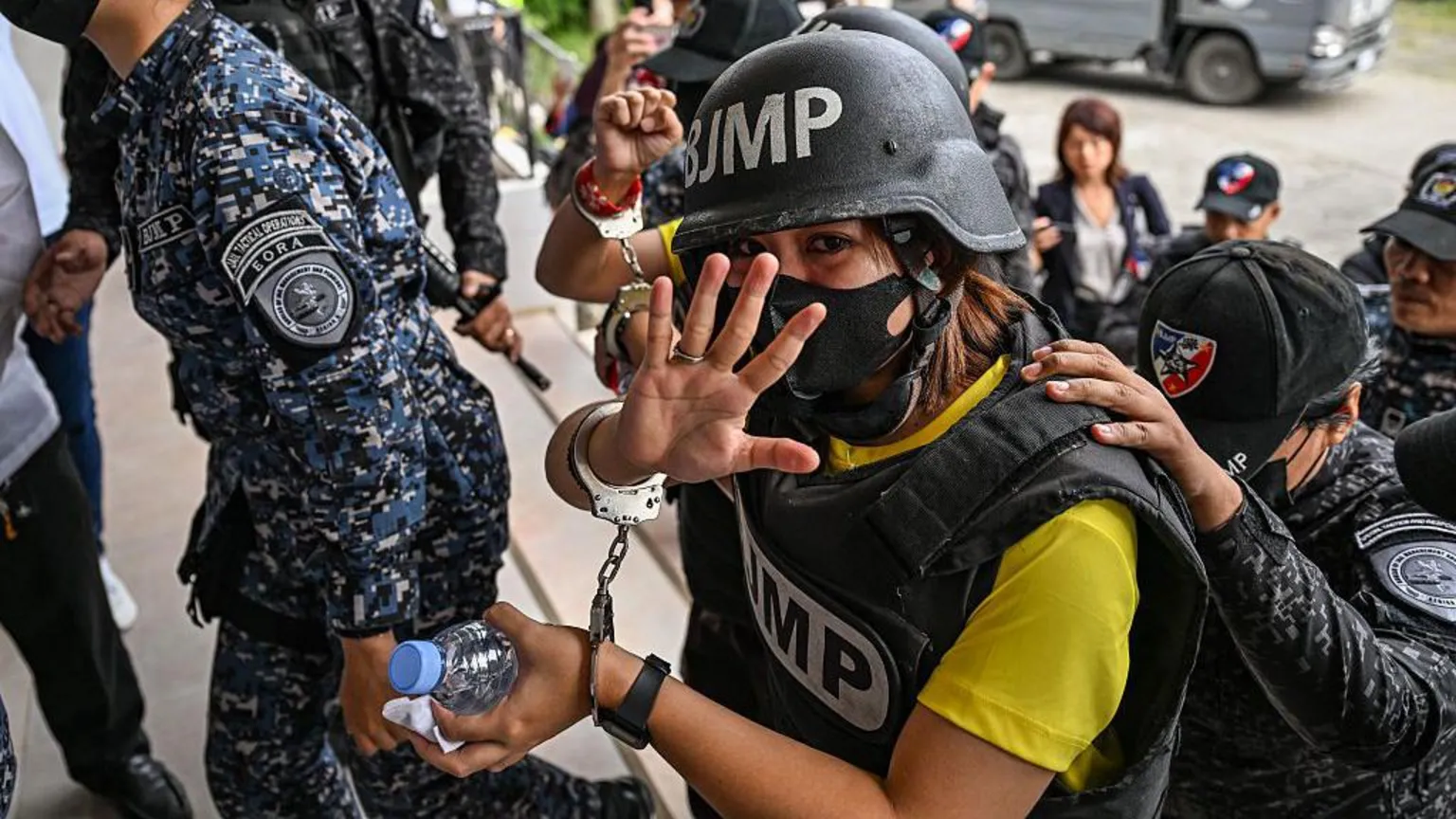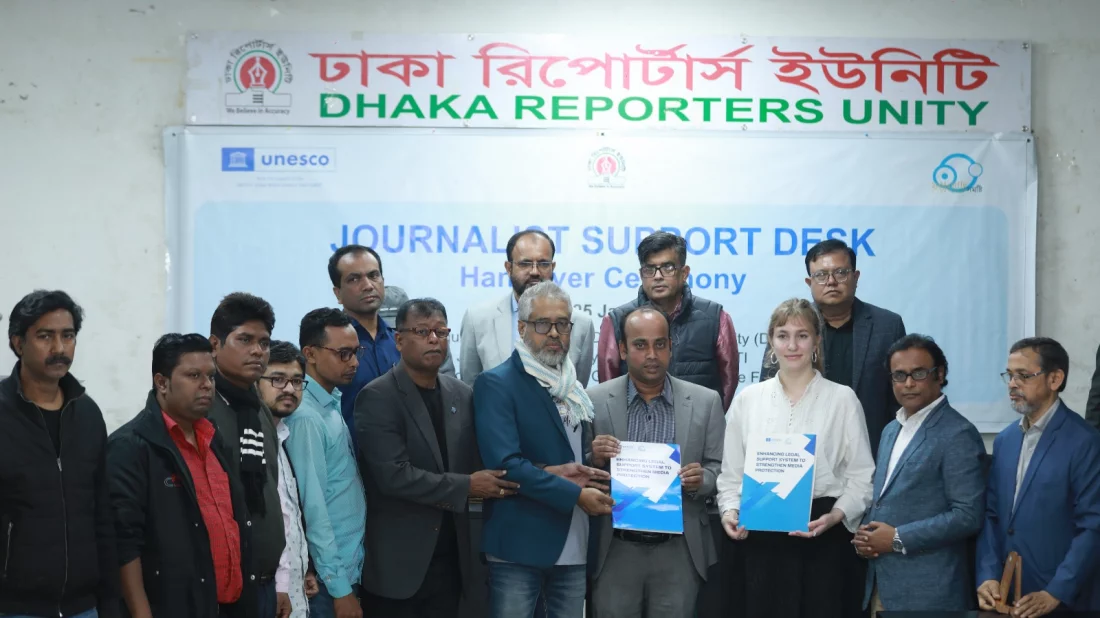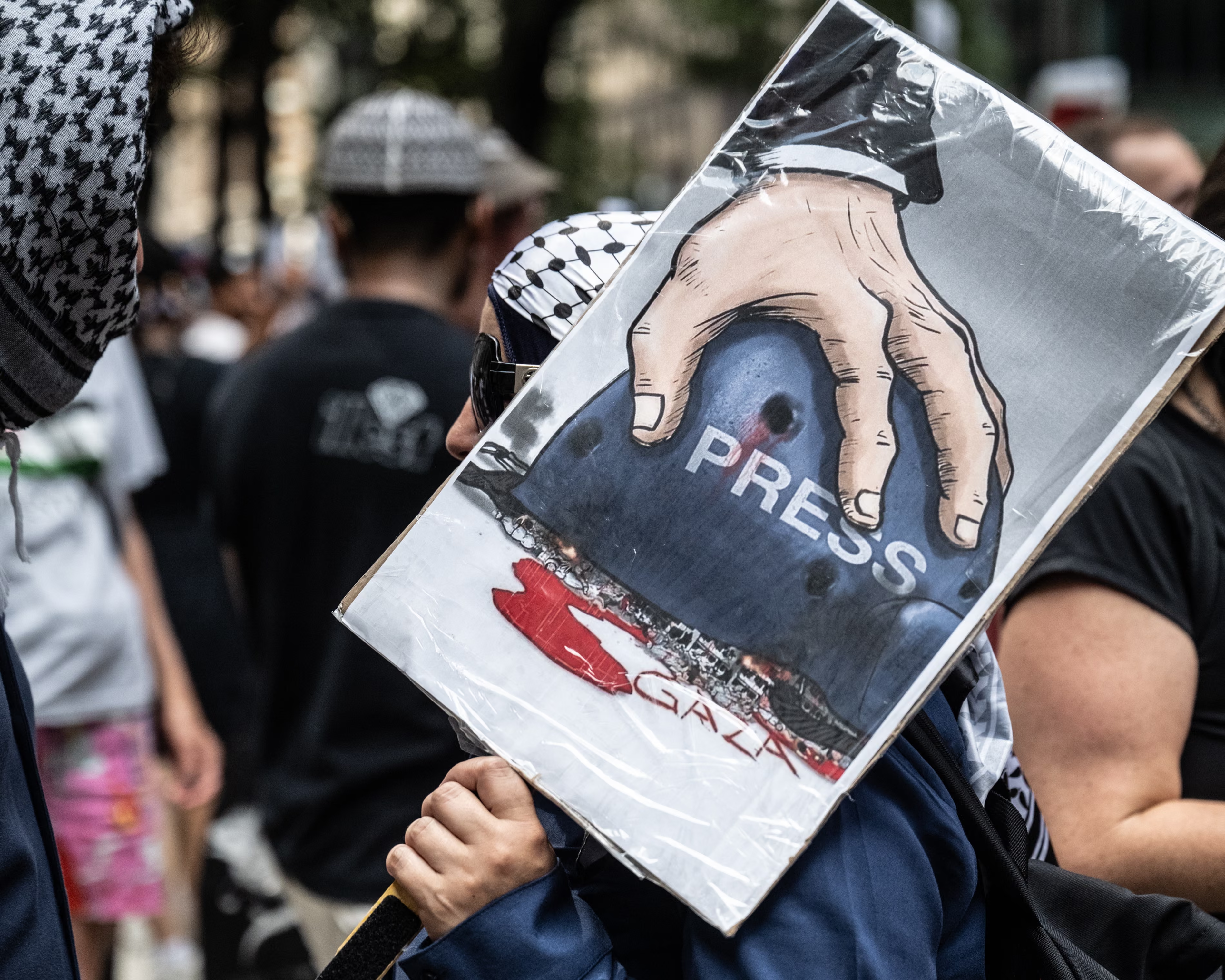
Global Coalition Demands Immediate, Safe Media Access to Gaza Amid Escalating Crisis
August 22, 2025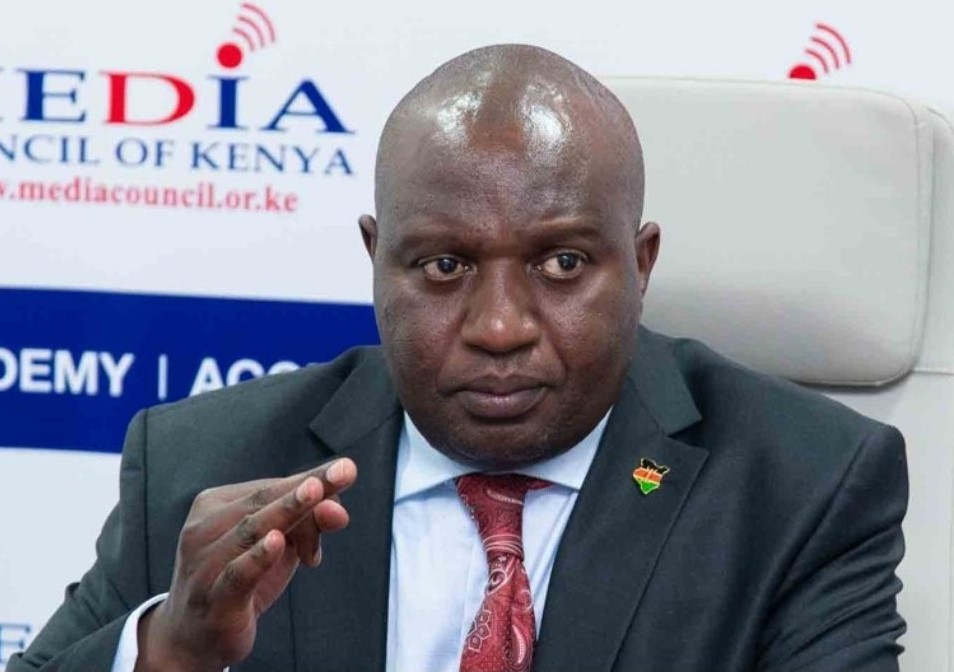
Kenyan Media Bodies Condemn Violence Against Journalists at Gachagua’s Homecoming
August 22, 2025August 22, 2025 – Indonesia –
Recent violent incidents targeting journalists in Indonesia—especially in Bone, South Sulawesi, and Grobogan, Central Java—have sparked renewed concern about media safety and freedom of the press. The attacks underscore growing threats facing reporters across the archipelago.
According to the Alliance of Independent Journalists (AJI), there were 22 cases of violence against journalists in just the first quarter of 2025, warning that media professionals now face threats approximately every three days. Alarmingly, only a tiny fraction of cases are pursued legally; in 2024, of dozens of incidents reported, only one case reached a legal resolution.
While Indonesia’s press clocked a modest improvement in the Journalist Safety Index, rising from 59.8 in 2023 to 60.5 in 2024, the country remains only “somewhat protected,” far from guaranteeing journalist security. The tally for 2024 included 167 reported incidents, ranging from physical attacks to cyber harassment.
The pattern of intimidation has deepened, with professional reporters increasingly targeted not just by civilians but also by state-linked actors. For instance, a gasoline bomb attack destroyed two cars at the Jubi newsroom in Jayapura, Papua—evidence of possible military involvement. Separately, journalists in Papua and East Nusa Tenggara have alleged detentions and torture. The tragic murder of Rico Sempurna Pasaribu, a journalist in North Sumatra, further highlights escalating dangers, although the case remains unresolved.
Investigative outlets are also under siege. Tempo, one of Indonesia’s premier independent magazines, received grotesque tokens of intimidation—a pig’s head and decapitated rats—presumably linked to its government-critical reporting. Press freedom advocates, including IFJ and CPJ, denounced these acts and demanded thorough investigations.
These escalating attacks occur in a legal environment that, on paper, upholds freedom of expression. Yet new regulations, like constraints on foreign journalists and broad digital defamation laws, offer wide latitude to suppress dissent.
Collectively, the violence, systemic failures to deliver justice, and legal repression paint a worrying picture: press freedom in Indonesia is being eroded from multiple angles. Without robust legal protection and political will, these threats are unlikely to abate, risking serious harm to journalism’s role in democracy.
Reference –

